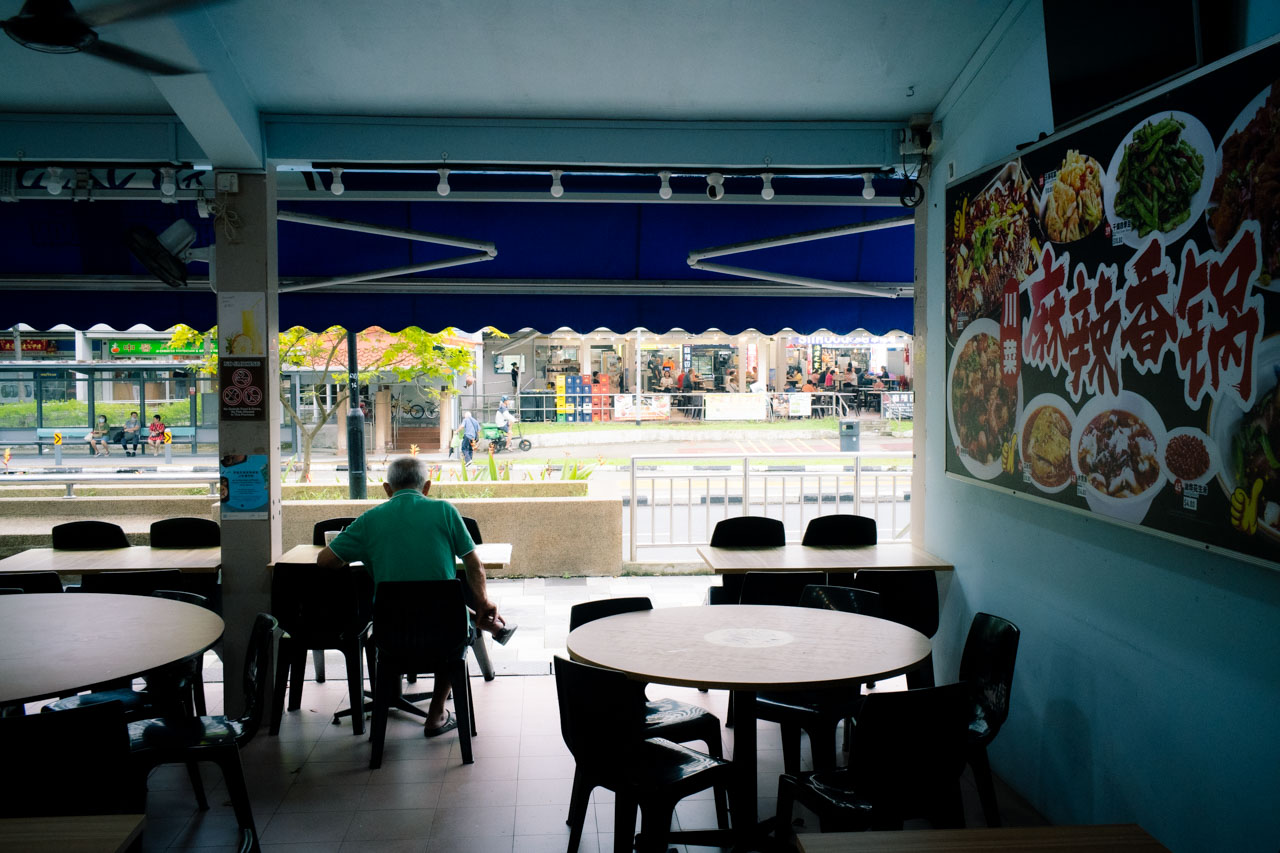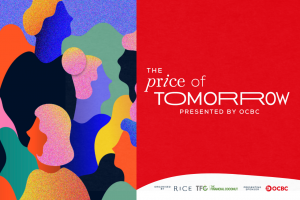This story is brought to you in collaboration with the Central Narcotics Bureau.
Top image: Isaiah Chua / RICE file photo
When families begin to fall apart from the turmoil of drugs, it rarely comes with clear warning signs. Or maybe the signs were there—odd behaviour, sudden silence, subtle shifts in habits—but quietly ignored.
Parents are left with tormenting questions when their child falls into drugs: What did I miss? What more could I have done? Its consequences can shatter a parent’s soul and test the limits of unconditional love.
Addiction doesn’t just consume the person who falls into it—it ripples outward, dragging down everyone else in their immediate circle. For parents, especially, the heartbreak is immediate and gut-wrenching. After all, they nurtured them, shaped their world, and believed in their future.
And yet, they stay. Because what else is there to do but keep loving, keep hoping, and keep holding space for the long, painful road to return?
Sometimes, the alarm bells don’t start from within. Sometimes, they begin with a terse knock at the door.
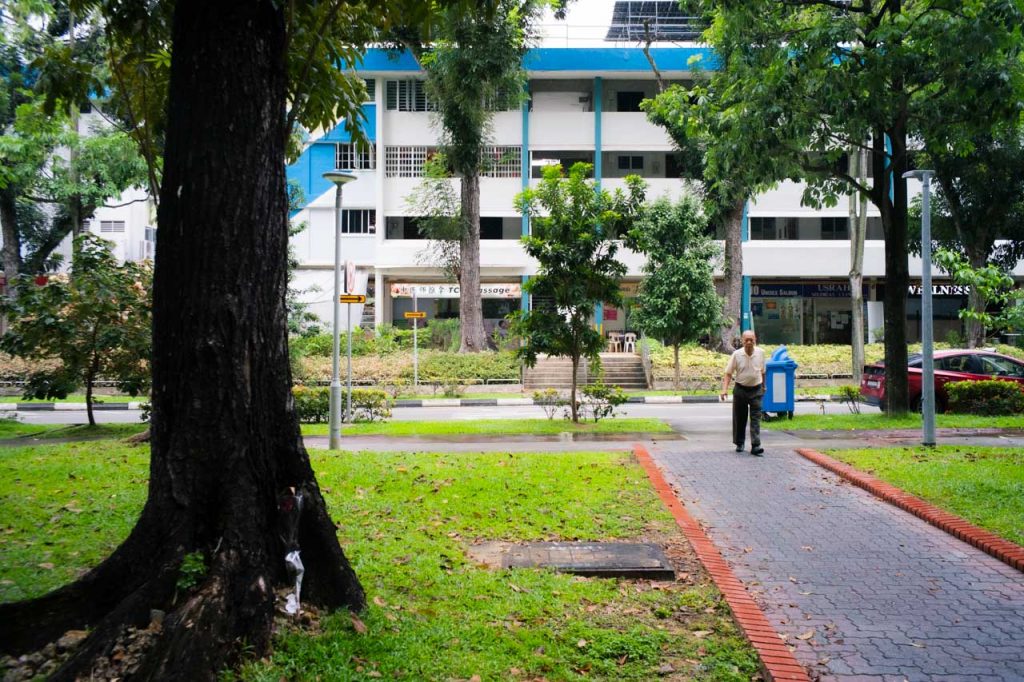
The Day Despair Rang My Doorbell
On the morning of April 8, 2021, Bernard*, 73, was not expecting anyone. So when the doorbell rang, he was startled when he opened the door to find his son, Charlie*, flanked by Central Narcotics Bureau (CNB) officers.
For a moment, time folded in on itself. Bernard remembers feeling frozen, his legs turning to rubber. As the CNB officers explained the situation, he registered only fragments—the dull glint of the cuffs, the unreadable expressions on their faces.
Charlie, then 30, said nothing. He didn’t cry out or resist. He simply stood there, tired and resigned, as he directed the officers to where his drug paraphernalia, including pipes and lighters, were hidden inside his room.
Bernard was in disbelief as the officers confiscated these items from his son’s room. He had always believed Charlie to be filial, trusting that the late nights were spent building his new business, not hiding something far more troubling.
“I wasn’t aware that Charlie was abusing drugs, as nothing had seemed out of the ordinary,” Bernard would later recall.
That moment, however, was anything but ordinary. It was the moment a father’s world collapsed.
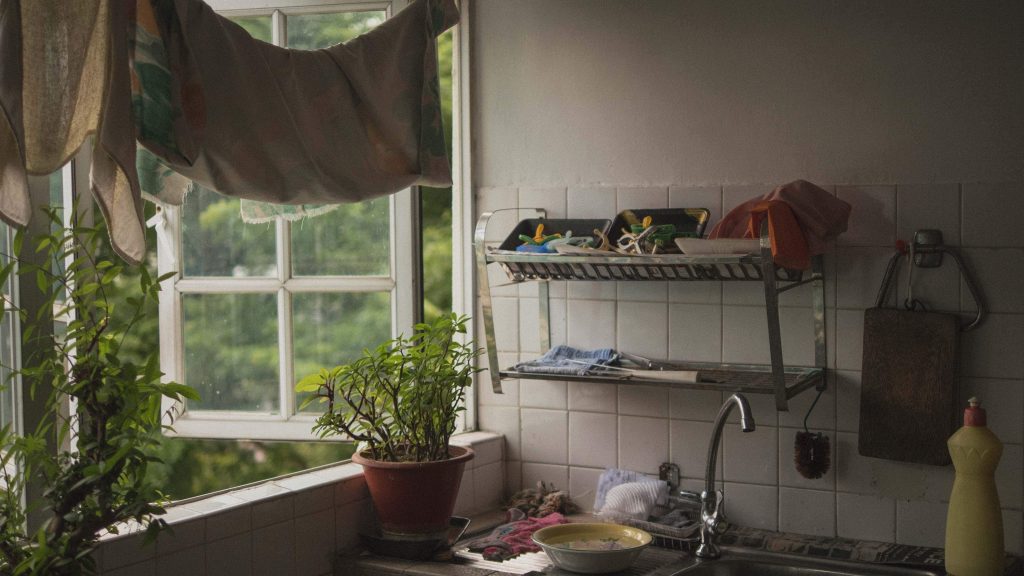
As Bernard was still trying to comprehend what was happening, the officers took Charlie away.
Only later that night, when Charlie called home, did the truth begin to reveal itself. Suspecting Charlie of drug abuse, the police raided his office. Charlie’s urine tested positive for a cocktail of amphetamines.
The calmness of his voice unsettled Bernard more than any tears would have. There was no drama, no confessions—just his son’s emotionless voice, telling him matter-of-factly what would happen next.
Then came silence. For a few days, Bernard waited.
While his son was in remand, an unbearable feeling of helplessness engulfed Bernard. His home felt different now, heavy with a silence that was not just about Charlie’s absence, but the weight of uncertainty.
When the Investigation Officer called on April 13 with more details, Bernard still didn’t feel any more assured. What would happen to his only child was still uncertain. All he had was a stranger’s voice on the other end of the line.
“The hardest part by far,” Bernard says, “was waking up every day knowing I couldn’t do anything to better his situation.”
Then, on April 21, a letter came: the Notification of Admission. Charlie, as a first-time offender who possessed a negligible amount of narcotics, would be detained in the Drug Rehabilitation Centre (DRC).
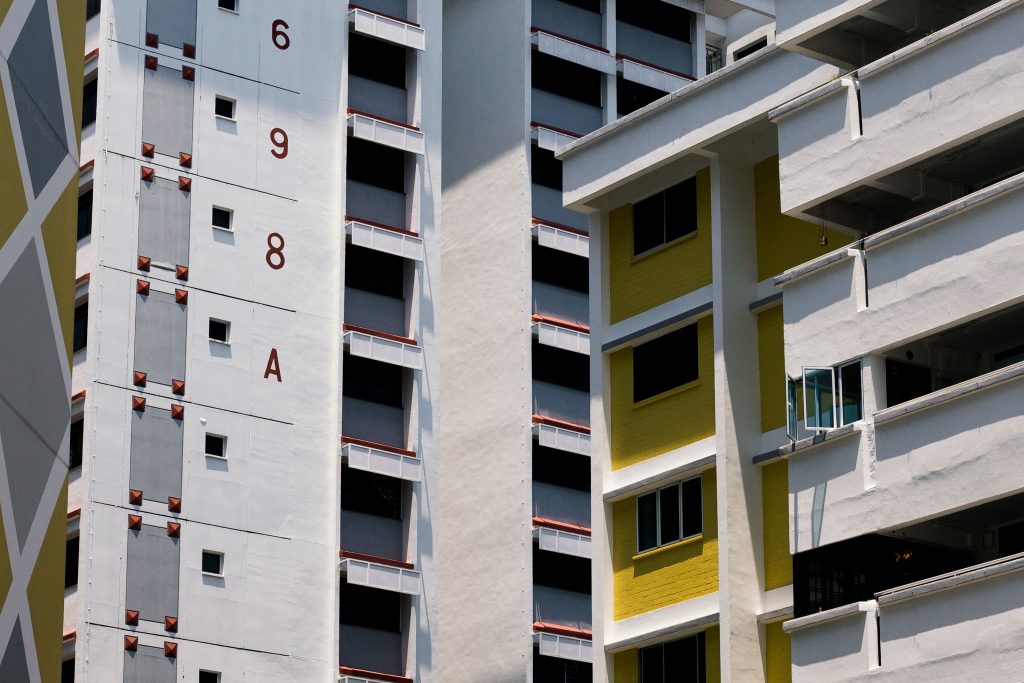
Bernard could write to Charlie, and he did so carefully, pouring love into each sentence, but keeping his despair out of them.
“As much as I had my own emotions about the situation, I wanted to make sure they didn’t spill over to him,” Bernard says.
“He was already facing his own struggles, and they were definitely more difficult than mine.”
The hardest emotion to contain wasn’t anger or regret—it was parental anxiety.
Through it all, Bernard kept returning to one question: why had it all happened in silence?
“If drug addiction were more openly discussed in Singapore, perhaps the topic would feel more approachable. Maybe my son could’ve reached out before it spiralled.”
He didn’t even blame himself—not entirely. But he did carry regret.
“I regretted not being attentive enough, not being the pillar of support he needed.”
And yet, in the pain, something changed.
“Rather than approach from a place of blame, I’ve learnt to come from a place of care and concern, to allow room for reconnection.”
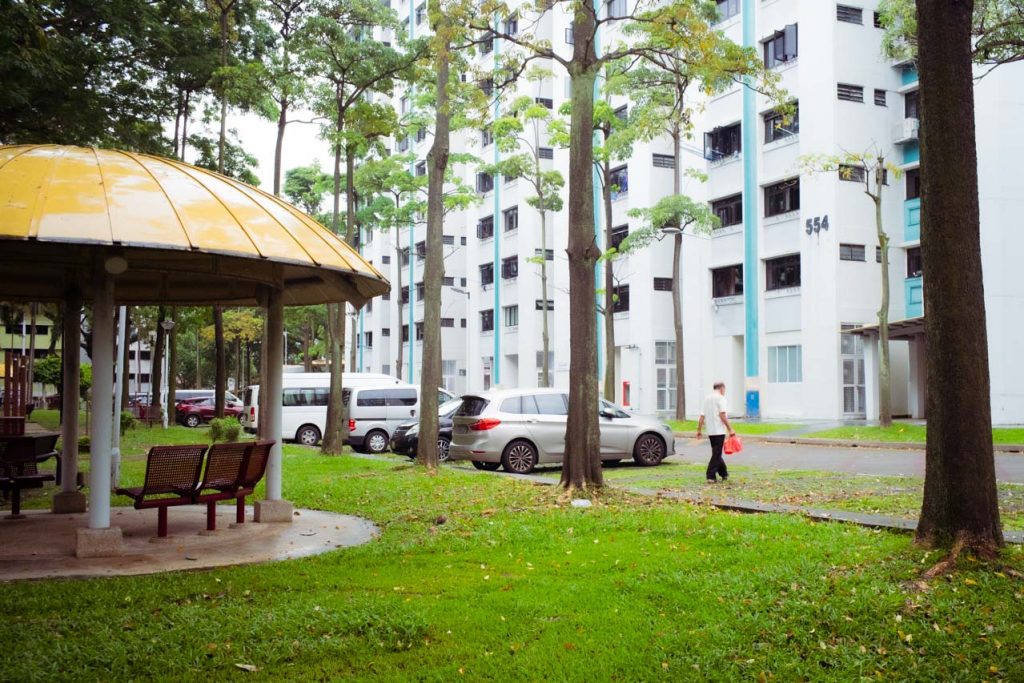
As letters were exchanged and Bernard slowly returned to his daily routine, he held onto his belief that love, not judgment, was the only path forward, especially during difficult moments.
He bit his lip whenever relatives asked why his son wasn’t at family gatherings, but beneath the unease and flickers of shame, he was grateful that he and Charlie had a channel of communication.
He used this channel to convey his encouragement and forgiveness to Charlie throughout his detention.
“Support is critical,” he said. “Not just for the one going through it, but for the family as well. It’s not about dwelling on ‘what-ifs’, but about helping each other through.”
And perhaps that is the most difficult part of being a parent—not the moments of crisis, but the long hours after.
After six long months, Charlie finally returned home, albeit with an ankle tracker that he had to wear for the next six months.
Drug abuse ripples through families, leaving behind confusion, grief, and silence. Though Bernard and Charlie’s relationship was tested, it is now slowly being rebuilt with honesty and care.
Charlie still struggles to forgive himself for the hurt he caused his father. Bernard, in his own quiet way, tries to express his unconditional love for the son once lost, now returned to him.
Though forged in pain, their bond is stronger than ever.
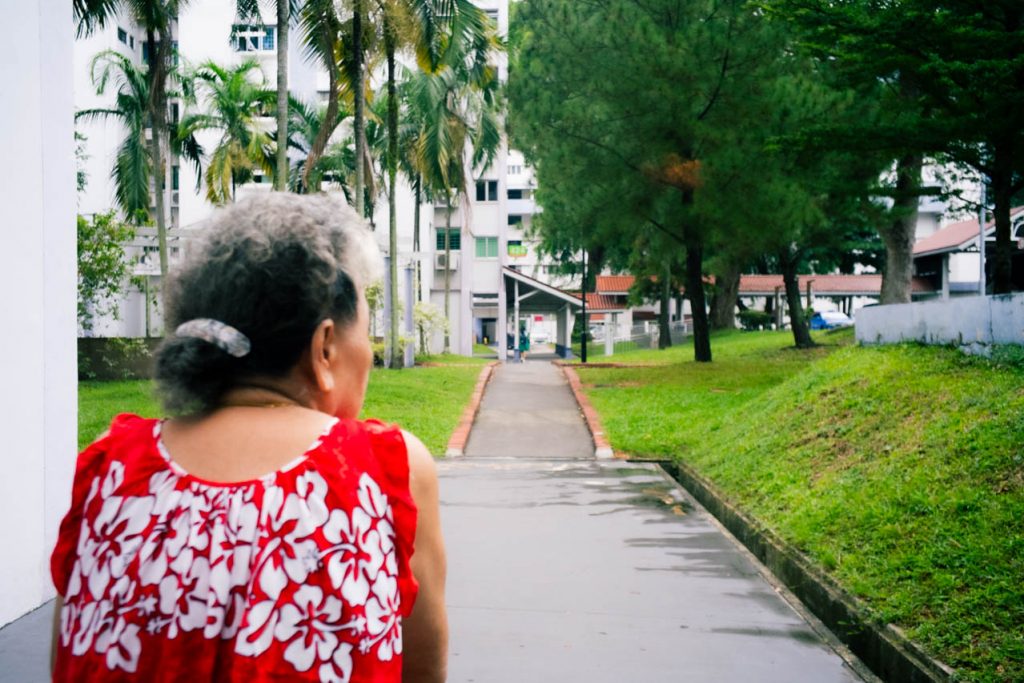
Drug Abuse Won’t Leave My Family Alone
When Madam Rita*, 60, heard her son’s voice through the cold, flickering screen of the prison’s teleconference system, she braced herself for the usual small talk. As someone who was serving a seven-year sentence, she clung to these fleeting moments of normalcy and family connection.
This time, however, her son’s words cut deep.
“Lina is in jail… for smoking Ice,” he said.
Her mind struggled to process the sentence. Her daughter, Lina—a drug offender?
Rita’s world tilted. For a long, aching moment, Rita just stared at the screen, her heart thundering in her ears.
A heavy grief clamped down on her chest. How had it come to this? How did her daughter end up walking the same broken path as her?
Rita first encountered methaqualone, a powerful sedative-hypnotic drug, at the tender age of 15.
The euphoria beckoned Rita to return for more, so she continued to dabble—she got hooked on Erimin 5 next. By her early 20s, she discovered heroin, which led her down a hazy three-decade-long cycle of arrests, releases and relapses. Short jail stints gave way to long-term sentences.
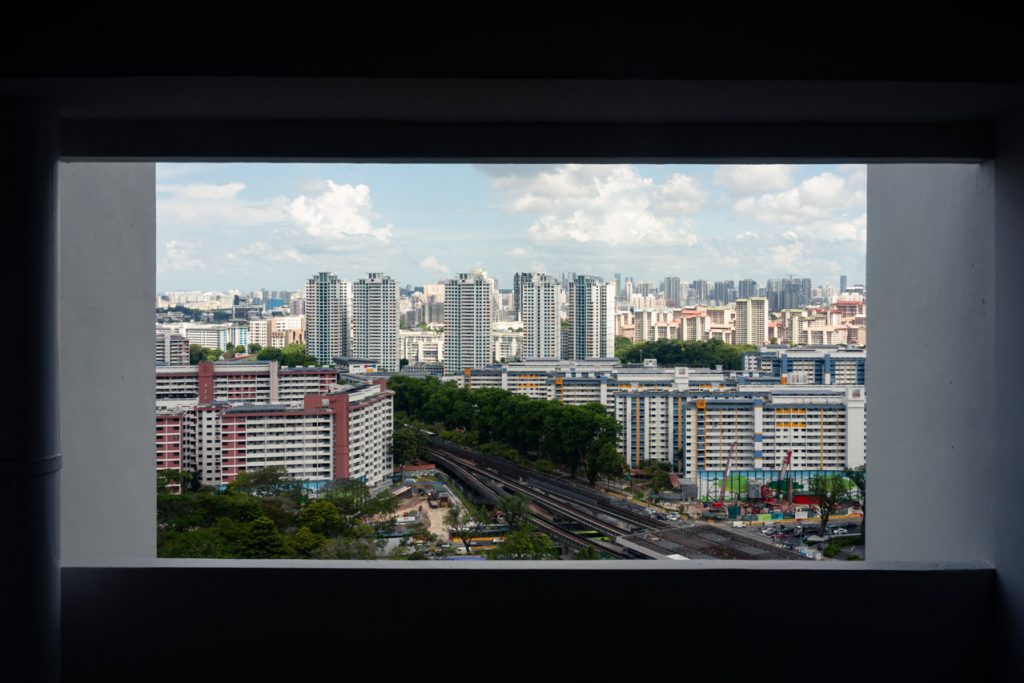
By 2012, when she was carrying her youngest son, Rita was back behind bars serving a seven-year sentence.
“In jail, I wasn’t even remorseful,” she admits today, her voice laced with shame.
Correctional officers tried their best to help her, but the drugs had woven themselves into every fibre of her being.
“I couldn’t imagine a drug-free life because, to me, drugs were the only thing that could silence the hurt.”
Lina’s incarceration due to drug abuse created another snag: she had a newborn son, Adam*. And it was Adam who became Rita’s lighthouse—her reason to stay afloat.
In the suffocating confines of prison during her final long-term sentence from 2012 to 2017, something inside her shifted. After she became a grandmother, Rita took stock of all the things she loved.
After Rita was released in 2017, she took on Lina’s maternal duties. She wanted to do right by Lina, and she couldn’t bear the thought of losing Adam. She tried her best to be present for her grandchild, rocking the infant to sleep, whispering promises she barely believed herself.
This determination set her heart on a different road. A harder road, but a clean one. She has walked it faithfully for eight years since.
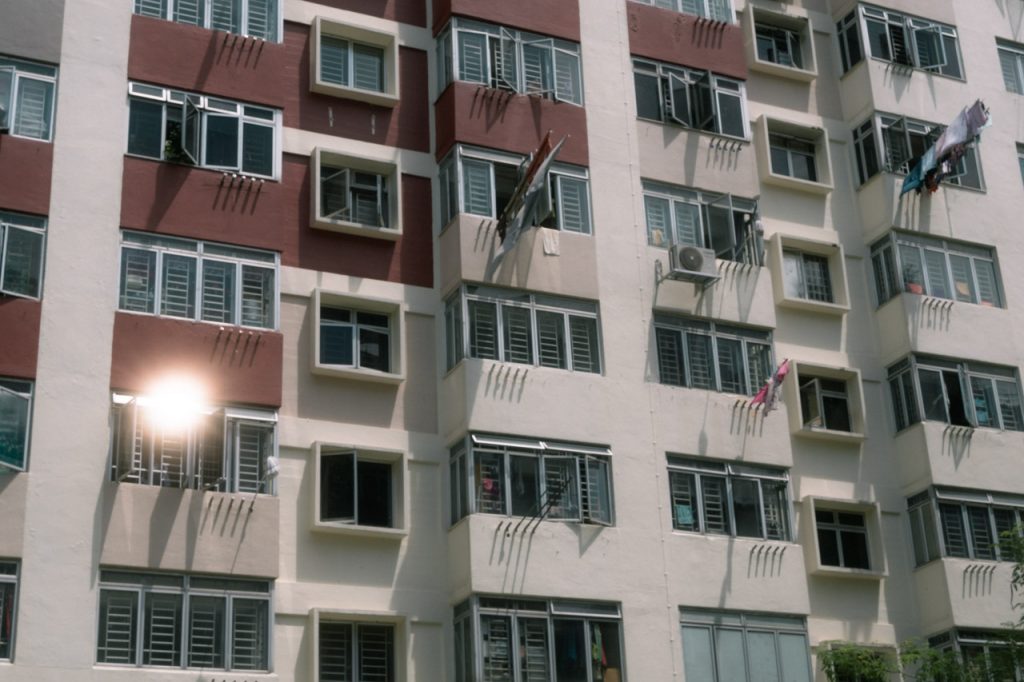
When Lina was released from prison, Rita welcomed her with open arms. For six months, while Lina was required to wear an ankle tag, she stayed in her mother’s home.
During that time, Rita did everything she could to be the mother Lina needed, but her love was met with short replies and a cold shoulder. The day the tag came off, Lina left without a word. Rita never heard from her again.
Since then, Rita’s calls and texts have been met by a deafening silence. No replies. No returned calls.
“I just wanted to say: You’re not alone,” Rita says softly. “I know how hard it is. I’ve been there. I wanted her to know I’m not judging, just waiting.”
She imagined her daughter out there, struggling with the same demons she once knew so intimately. But no matter how much she tries to break through, Lina remains distant, as if a fog stood between them.
It wasn’t new—Lina had always been private, even in her growing-up years, but Rita never saw the signs.
“She was always out with friends,” she recalls. And upon arriving home, Lina would lock herself in her room.
“I didn’t think much of it then. I thought she just didn’t like talking to me.”
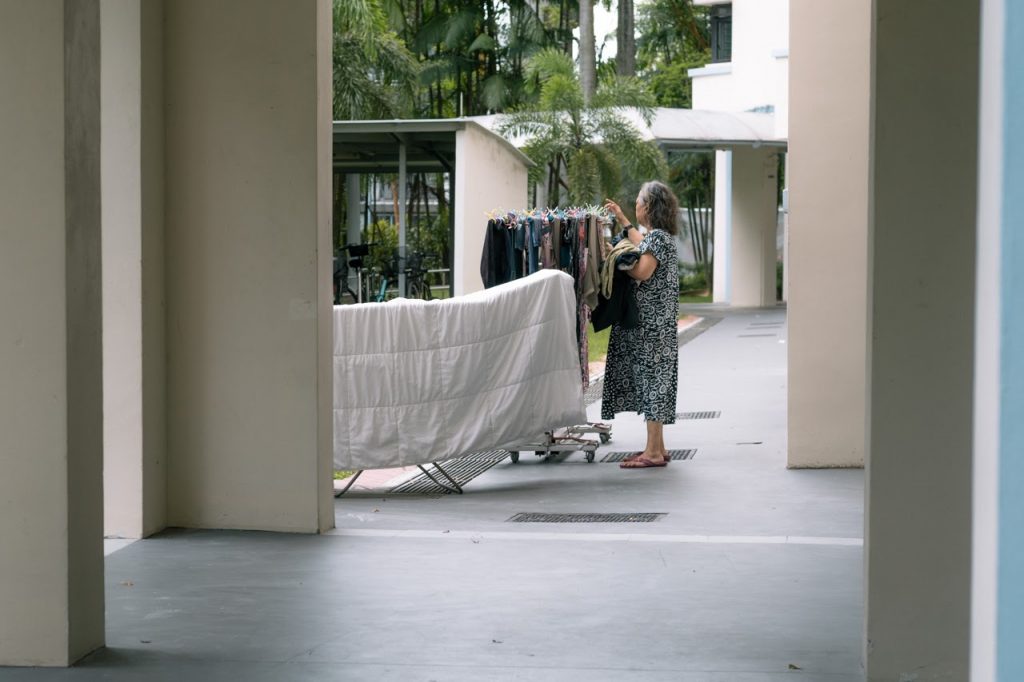
Now, Rita sees it differently. She wonders if the years of scolding and nagging had pushed Lina away.
She admits she was often harsh, projecting her own fears and frustrations in ways that might have seemed cold.
“I thought I was protecting her,” she says, gaze fixed on her own feet. “But maybe I was just pushing her further.”
The shame didn’t end at home. In the neighbourhood, people whispered. They looked at Rita not with sympathy, but with judgment, as if her past sins had somehow infected her children.
“They blame me,” she says. “They think if I had been a better mother, Lina wouldn’t have ended up like this.”
It stings, especially when Rita has spent so many years trying to rebuild her life. The stigma has made her feel like an exile. Rita tries to shrug off the callous and unnecessary murmurs from the community, but they still make her feel like she’s paying the price for mistakes long past.
Alongside the helplessness, Rita carries a deep grief—not only for the relationship that never was, but for the version of Lina she might have known, had drugs not torn them apart.
She harbours a hefty guilt, but also a yearning: the longing for a day when her daughter might pick up the phone or walk through her door.
Until then, all she can do is wait with open arms.
The Lingering Silence

In Singapore, drug abuse remains a taboo topic—spoken about only in hushed tones, or after it’s too late.
But the stories of parents like Bernard and Rita shine a harsh, necessary light on what often stays hidden: the human faces behind drug offences, and the loved ones quietly carrying the weight of it all.
Their testimonies are powerful because they challenge our assumptions. The impact of drug abuse isn’t always obvious. It doesn’t always look like chaos or smell of ruin.
Sometimes, it wears a school uniform. Sometimes, it smiles across a dinner table. It can hide in plain sight, masked by silence and shame.
This silence must be broken, not just by the abusers themselves, but by a society that too often sees addiction only as a moral failing, instead of what it is—a complex interplay of trauma, mental health, and social isolation.
Drug abusers and their loved ones alike deserve safe spaces for open, judgment-free conversations without fear of consequences.
It makes recovery possible, not just for the individual but for everyone who loves them.

